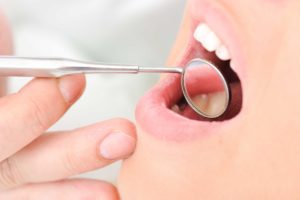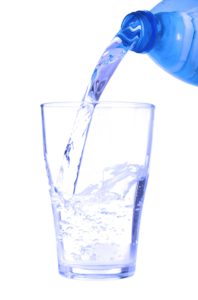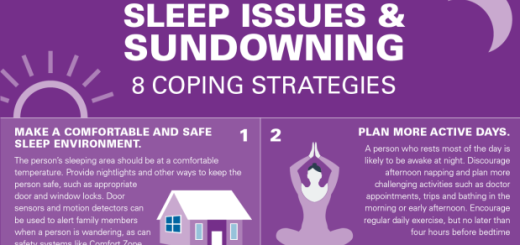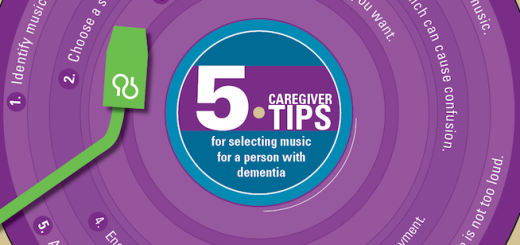Xerostomia (Dry Mouth) and Alzheimer’s
Seniors often suffer from Dry Mouth, which is a lack of sufficient saliva, resulting in an uncomfortable feeling of dryness. People with Alzheimer’s are at higher risk as they may not drink enough water because their body’s signal for thirst isn’t as strong as it was. Some medicines can dry out their mouth, too. Below are helpful tips from professionals at the Blende Dental Group, which is home of the House Call Dentists, serving patients with special needs, including people with dementia.
Why Xerostomia (Dry Mouth) is a problem
 Your mouth produces up to one liter of saliva every day to help keep your mouth moist and healthy. Saliva is 99% water and acts to wash sticky, decay-producing food away from the most decay vulnerable area of the tooth – the root.
Your mouth produces up to one liter of saliva every day to help keep your mouth moist and healthy. Saliva is 99% water and acts to wash sticky, decay-producing food away from the most decay vulnerable area of the tooth – the root.
Without enough saliva to wash away bacteria, people are more likely to develop bad breath, tooth decay, and gum disease. They also might find it hard to speak or chew and they may notice food doesn’t taste like it used to.
What caregivers can do
If you’re caring for someone with Alzheimer’s, ask these questions:
- Are they taking any of the following medications that have a side effect of dry mouth: antihistamines, anti-anxiety, anti-depressants, diuretics, high blood pressure drugs, pain killers or any of the other 500 over the counter & prescribed drugs that dry up saliva?
- Do they have Sjogren’s syndrome? This is a disorder of the immune system identified by its two most common symptoms “” dry eyes and a dry mouth.
- Have they had chemotherapy or radiation therapy of the head and neck?
How to get relief
 Encourage the person to sip water or sugarless drinks often and during meals.
Encourage the person to sip water or sugarless drinks often and during meals.- Avoid drinks with caffeine, such as coffee, tea, and some sodas.
- Chew sugarless gum or suck on sugarless hard candy to stimulate saliva flow”” citrus, cinnamon or mint-flavored candies.
- Ask the person’s primary physician if any of their prescribed medications produce Dry Mouth.
- Ask a dentist about products for Dry Mouth.
Since Dry Mouth is particularly pervasive among seniors, and many people with Alzheimer’s may not communicate any issues, it’s important to monitor their oral health and eating habits. If you suspect there is a discomfort from Dry Mouth, or the severe decay it can induce, contact your local dental society to find the names of professionals who have experience working with people with dementia or with elderly patients.
Helpful information related to this post:


















I have severe dry mouth from all the medications I take. My doctor gave me a sample of Biotene a dry mouth oral rinse. He says that not only will it help my dry mouth, but it will also prevent other dental problems as well.